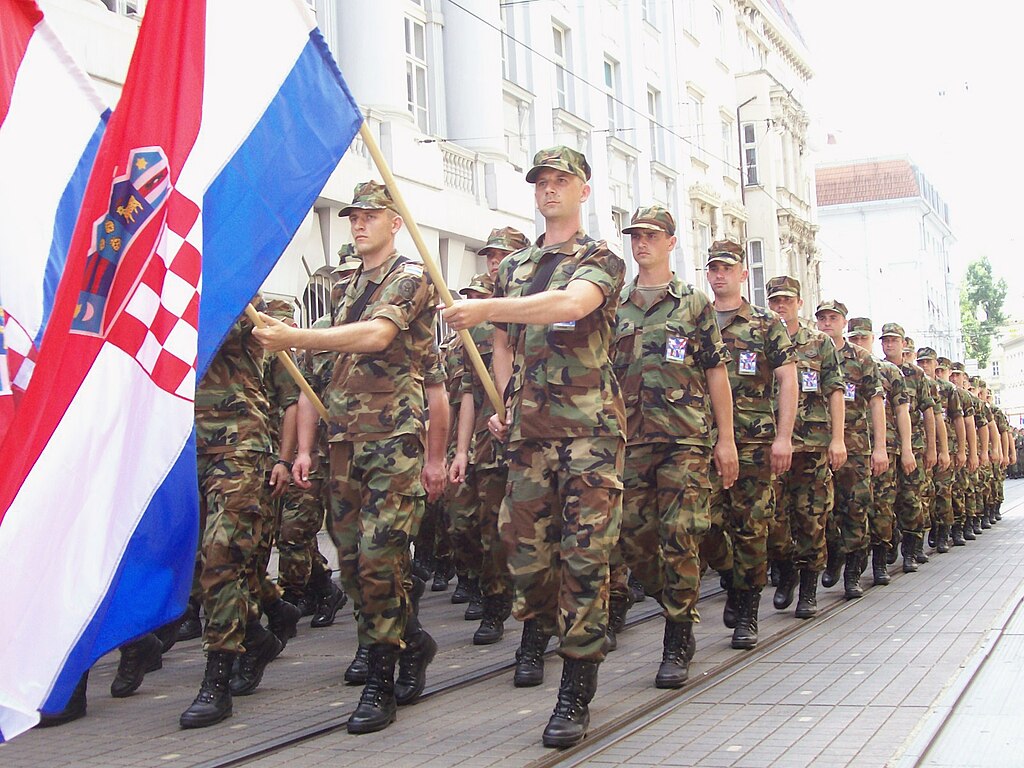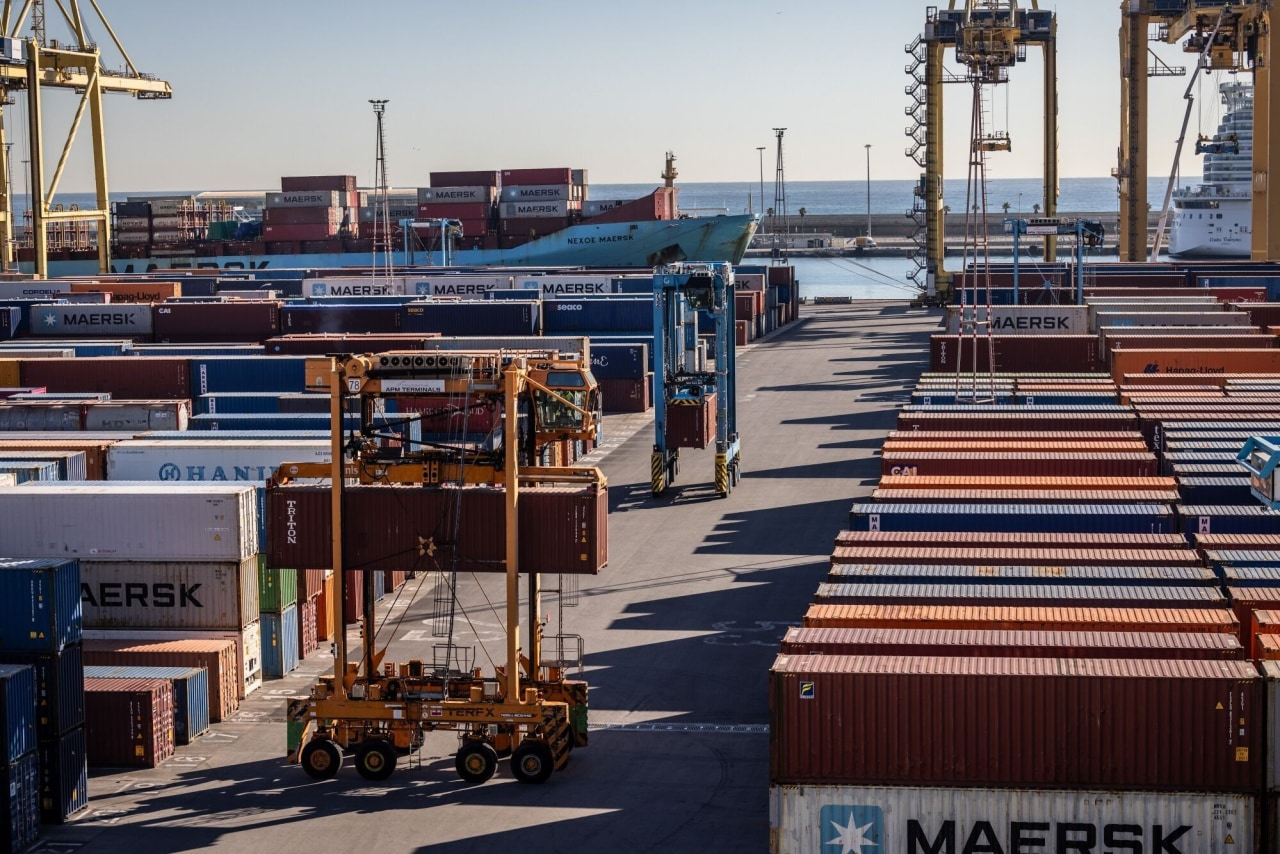
The Republic of Croatia has reinstated compulsory military service in response to escalating tensions from the Russia-Ukraine conflict and increasing instability in the Balkans. On October 27, 2023, the Croatian Parliament, known as the Sabor, voted 84 to 11 to amend the Defense Act and the Armed Forces Service Act, which will now include basic military training for young citizens.
This new program mandates two months of basic training, aimed at equipping participants with essential crisis-response skills. Under the new legislation, individuals born in 2007 will be required to undergo medical examinations by the end of this year. Those who oppose the military service on religious or moral grounds may opt for a civil service role lasting three to four months.
According to Defense Minister Ivan Anušić, the inaugural group of conscripts is set to begin training in January 2026. The Croatian government aims to enlist approximately 4,000 recruits annually. Anušić highlighted that the training will encompass modern warfare tactics, including cybersecurity, first aid, drone operation, and advanced survival techniques.
Strategic Partnerships and Regional Security
The reintroduction of conscription is a significant shift for Croatia, which suspended compulsory military service in 2008. The decision reflects growing concerns about security in the region, particularly with respect to neighboring Serbia. In recent years, Croatia has sought to bolster its military capabilities and engage in strategic partnerships.
Earlier in 2025, Croatia entered a trilateral military agreement with Albania and Kosovo, a move that prompted strong criticism from Serbia. The Defense Ministers from the three nations have stated that the agreement aims to enhance security through joint training, improve interoperability, and address hybrid threats such as cybersecurity risks and disinformation campaigns.
Moreover, Anušić stated that Croatia aspires to become a leader in European drone production, noting that local manufacturers already produce thousands of first-person view (FPV) drones utilizing exclusively Croatian technology. This ambition not only reinforces Croatia’s military capabilities but also positions it as a key player in the growing defense technology market within Europe.
As regional dynamics continue to evolve, Croatia’s decision to reinstate compulsory military service underscores its commitment to national defense and stability in the Balkans. The implementation of this program is anticipated to foster a new generation of trained citizens equipped to respond to various crises, thereby strengthening the country’s overall security posture.






